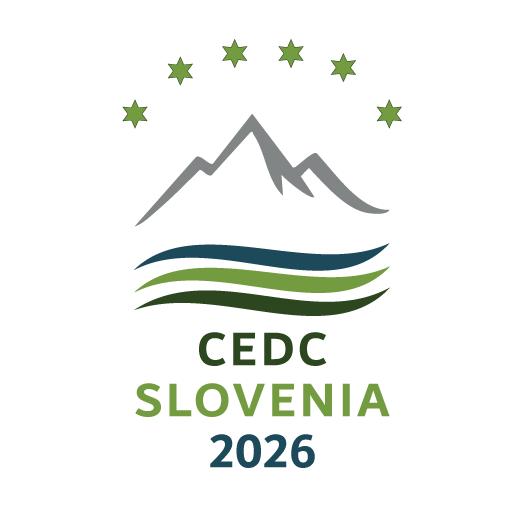It has been almost two years since a novel coronavirus started to spread around the world and since the World Health Organization declared a “Public Health Emergency of International Concern” on 30 January 2020. The arrival of the COVID-19 has created unprecedented challenges, both for our region and the world at large. Being more than a global pandemic and public health crisis, the COVID-19 has also severely affected the global economy and financial markets, causing long-term disruptions.
Under these circumstances, the occurrence of sudden shocks which can occur without significant advance warning (such as an earthquake), in addition to the on-going strain that COVID-19 presents, could bring otherwise stable emergency response mechanisms past their coping capacity.
Although larger scale natural disasters do not collide with pandemics very often, some of our countries have already experienced these dual crises, such as the capital of the Republic of Croatia, Zagreb that was struck by a magnitude 5.5 earthquake in early spring 2020.
The Republic of Croatia’s model of response to a dual-crises environment clearly shows that having a plan and procedures in place for each type of emergency can make a big difference.
Following our strategic and policy discussions on ways to improve and further build regional resilience in a changing security environment, the Republic of Croatia’s CEDC Presidency decided to build this year’s COOPSEC exercise scenario around the response to multiple disasters that are unfolding simultaneously.
Due to health and safety concerns, the “COOPSEC 21” exercise was held via videoconference on 7 and 8 of December 2021, as a two-day discussion-based event in which participants met to test preparedness and response capabilities following a hypothetical series of earthquakes that shook various parts of the region on top of dealing with the COVID-19 pandemic.
The purpose of this exercise was to identify gaps, seams and barriers in plans and procedures, and was successfully used as a platform to share best practices, develop concepts, solutions and identify the next steps and objectives to support the synchronization of response actions for concurrent disasters management in three focus areas: Defence Policy & Legal, Strategic Communications and Operations. By comparing best practices, national response models, legal frameworks and regulatory approaches, this workshop is envisioned to be a first step towards establishing wider regional cooperation in the area of disaster management.


